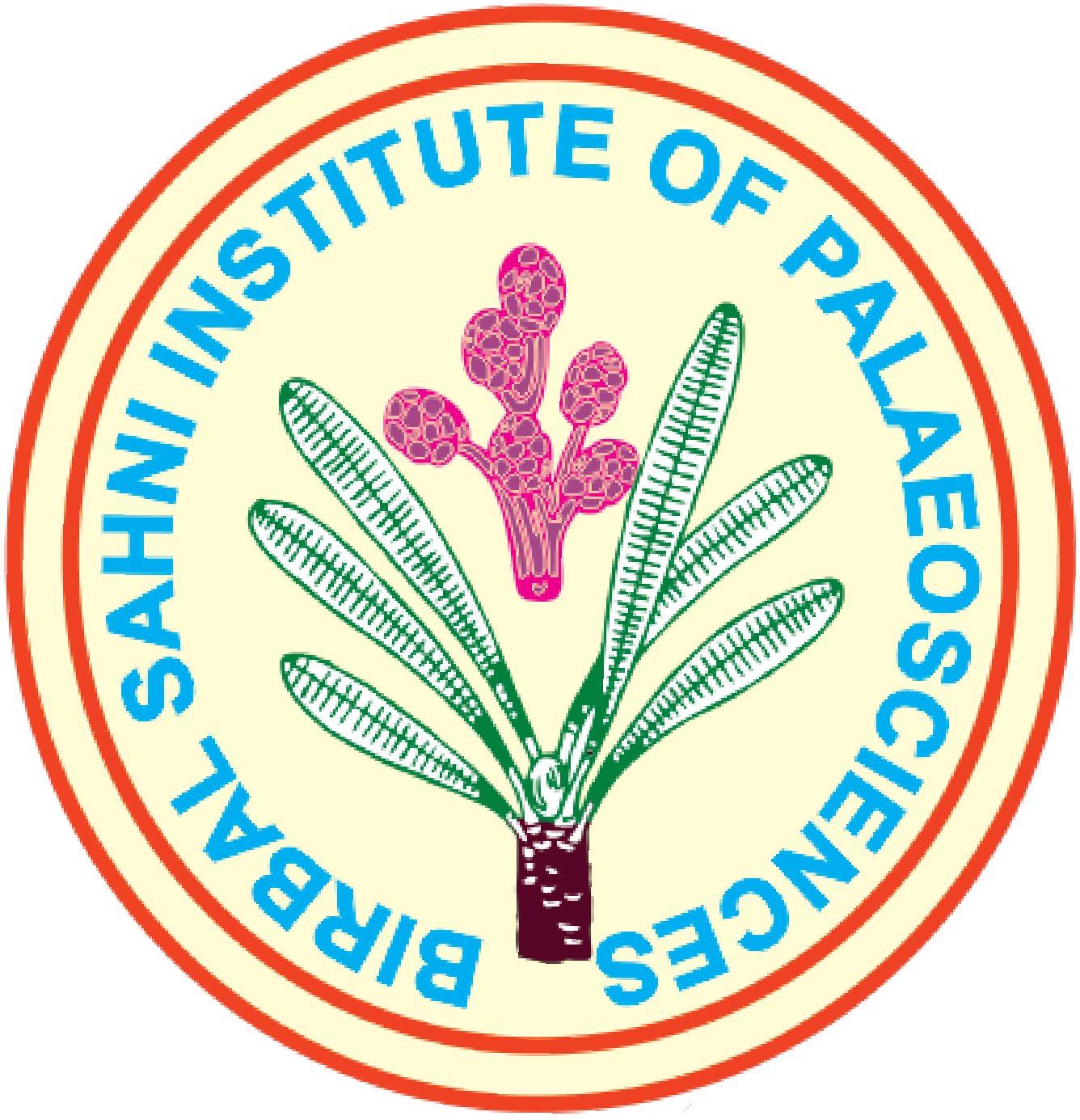Palynological dating of Jhingurdah seam, Singrauli coalfield: A reappraisal
DOI:
https://doi.org/10.54991/jop.1983.1728Keywords:
Palynology, Mioflora, Jhingurdah Seam, Singrauli Coalfield (India)Abstract
A re-examination of the mioflora of the thickest coal seam of India, the Jhingurdah seam in Singrauli coalfield, Madhya Pradesh, has shown the presence of the genera Indospora, Gondisporites, Densoisporites, Kendosporites, Thymospora, Corisaccites, Guttulapollenites, Lunatisporites and Falcisporites associated with a striated-disaccate-rich assemblage. The mioflora is closely comparable with the known Raniganj miofloras. The presence of the genera Lophotriletes, Brevitriletes, Latosporites, Barakarites, Parastriopollenites and Scheuringipollenites indicates a partial continuity of the older biozones into the younger one.









